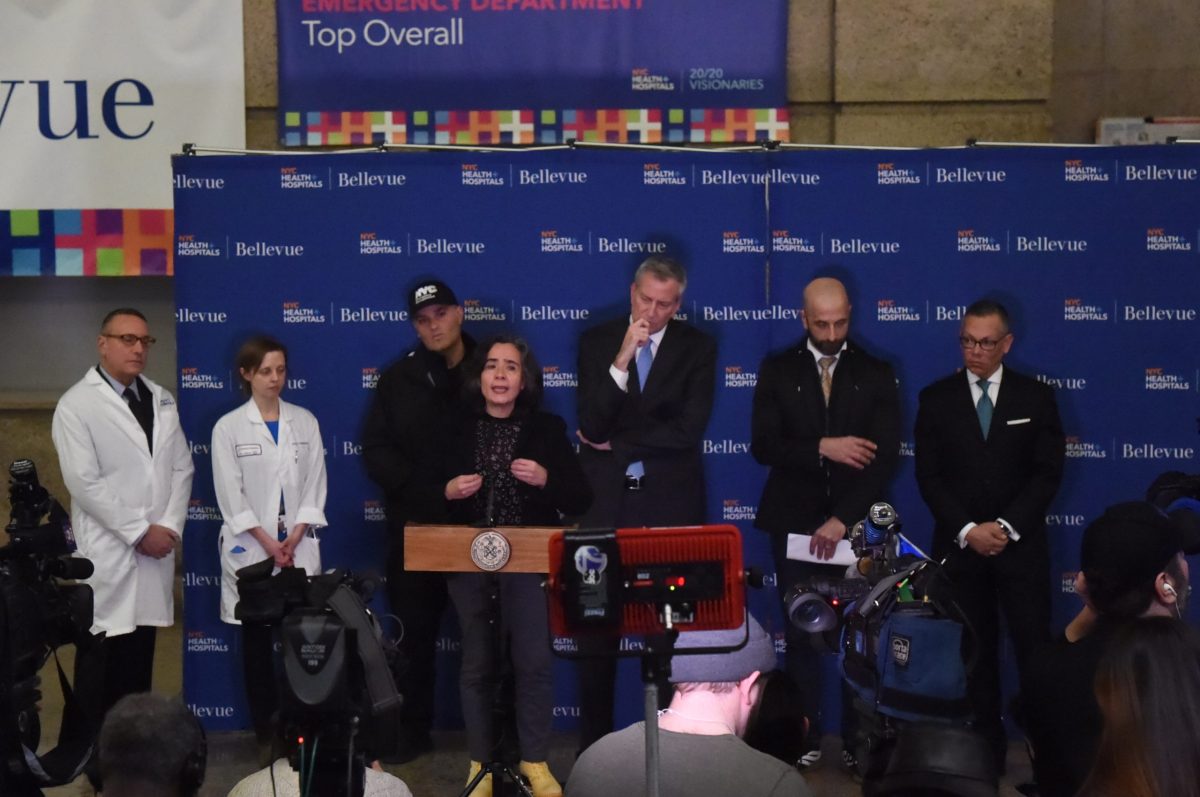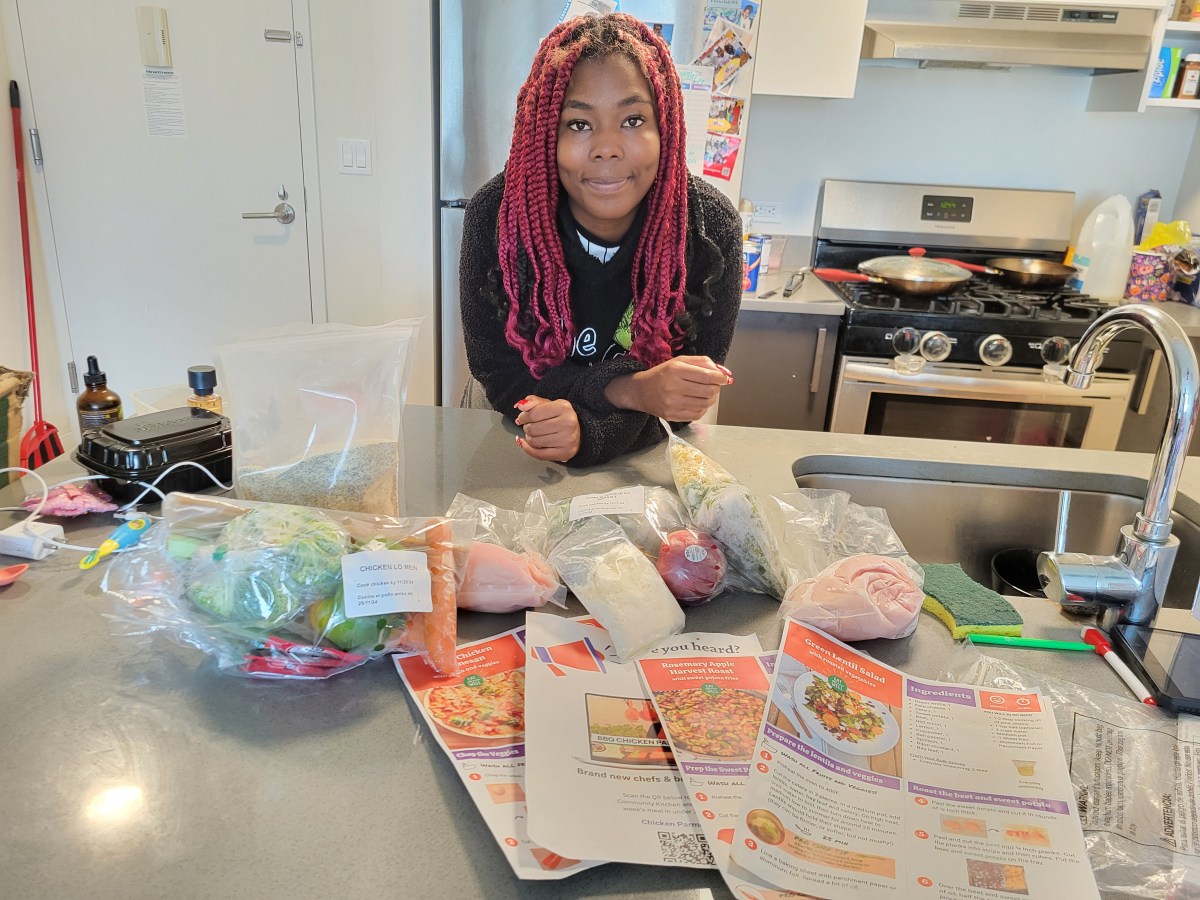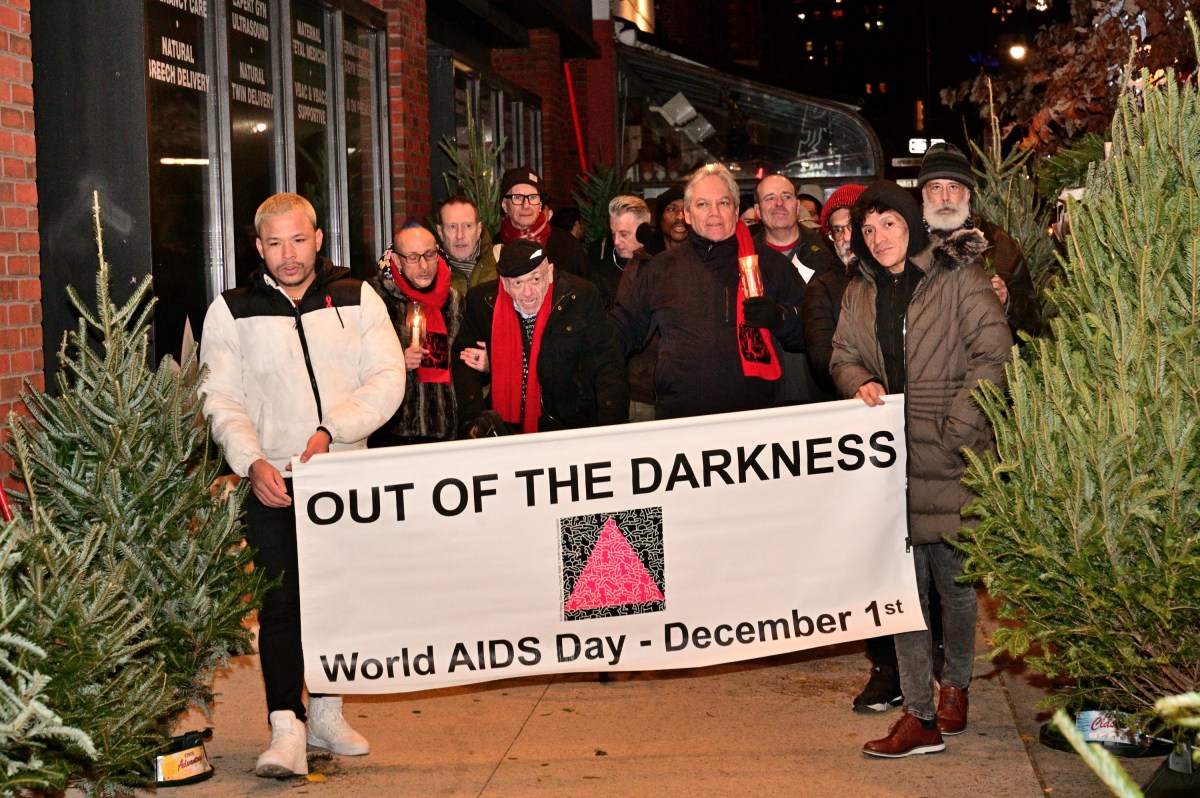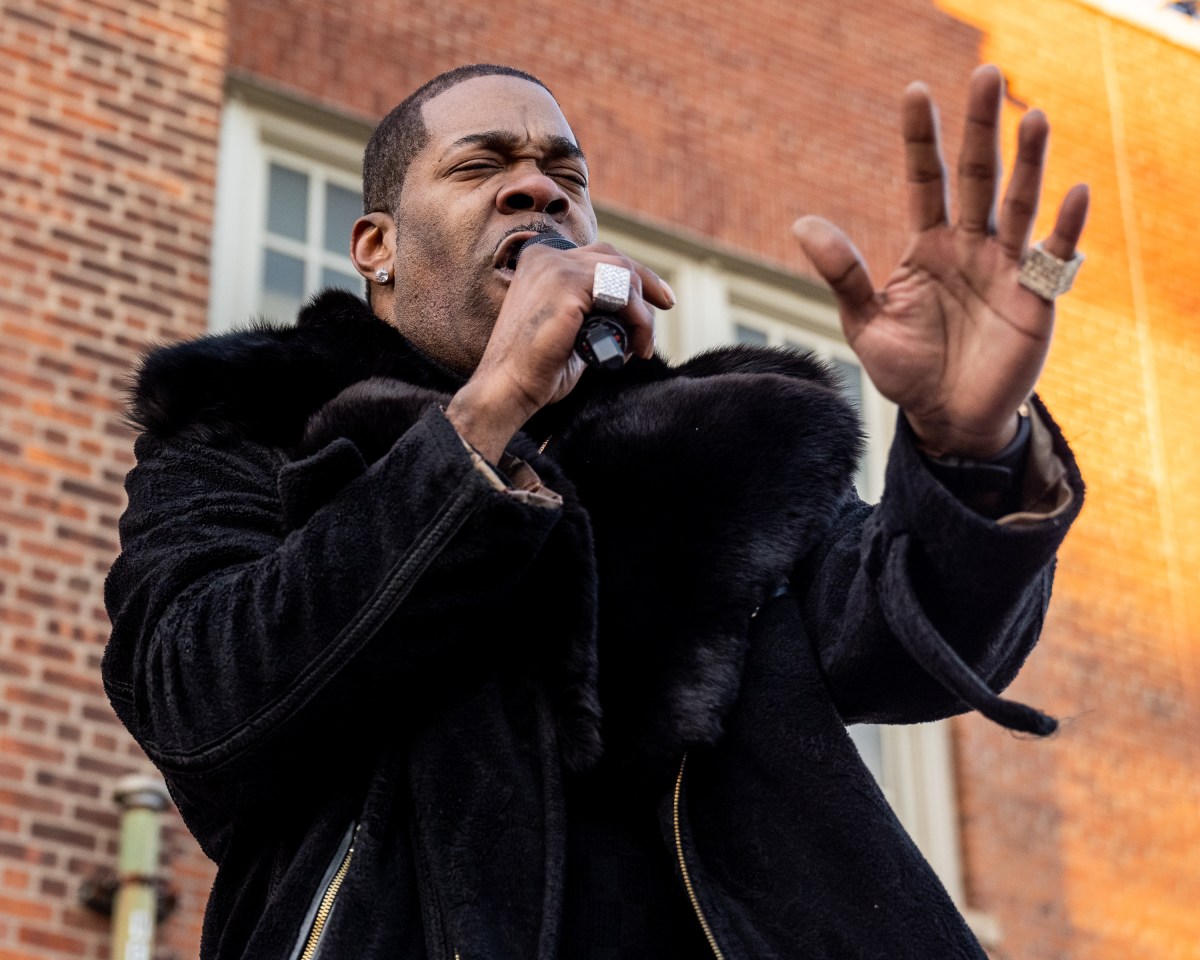The sixth and seventh suspected coronavirus cases in New York City came back negative, the city’s Health Department reported Wednesday.
Despite grave concerns about the spread of the virus which originated in China weeks ago, every single suspected case reported in the city turned out to be false alarms. The Centers for Disease Control tested samples collected from patients in New York City and found that all of them were not infected.
“All negative for novel #coronavirus in NYC!” the Health Department celebrated in a Feb. 12 tweet. “@CDCgov has confirmed that the 7th person tested in the city has come back negative. We now have zero cases pending.”
Though the news has been good in New York City, concern about coronavirus remains high across the world. The city rolled out last month a proactive plan designed to contain the spread of the bug while also providing the best care possible to anyone who might become infected.
Panic set in across the city on Feb. 1 when NYC Health + Hospitals/Bellevue reported a patient exhibiting symptoms of coronavirus, such as fever, cough and/or shortness of breath. The next day, two more individuals hospitalized in Queens shared the same symptoms.
All three patients had told physicians that they recently visited China, where the outbreak began. Yet all three, and four others thought to be infected this month, were ultimately cleared following CDC testing.
Even so, fears and misinformation about coronavirus caused a downturn in activity in Chinatown and other neighborhoods across the city with large Chinese populations. Officials have gone out of their way to tell the public there’s nothing to fear visiting and shopping in the communities.
The Health Department reminds the public to follow the same precautions normally taken during cold and flu season:
- Cover your nose and mouth with a tissue or sleeve when sneezing or coughing.
- Wash your hands with soap and warm water for at least 20 seconds, or use an alcohol-based hand sanitizer if soap and water aren’t available.
- Stay home if you don’t feel well.
- Seek medical care if you exhibit flu/coronavirus symptoms, and alert your health care provider if you’ve recently traveled to the Hubei province in China.
- Get a flu shot if you haven’t already done so.
More information on the coronavirus can be found on the Health Department’s website.



































